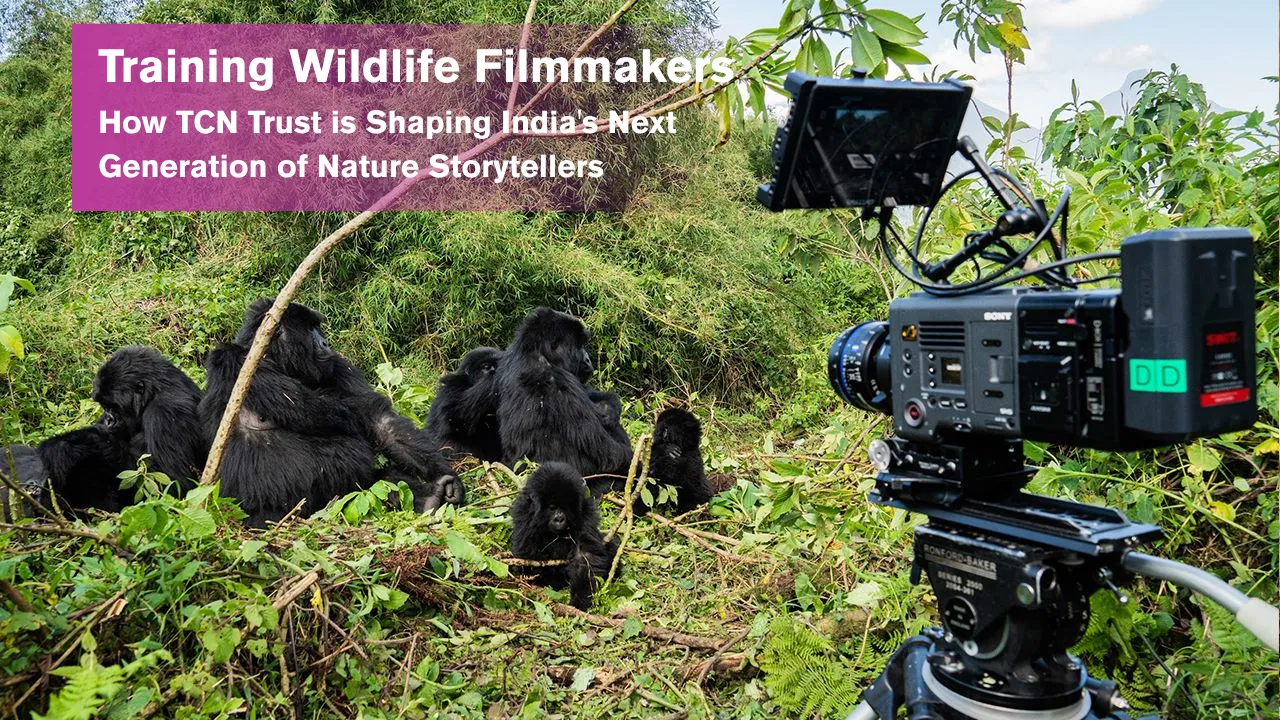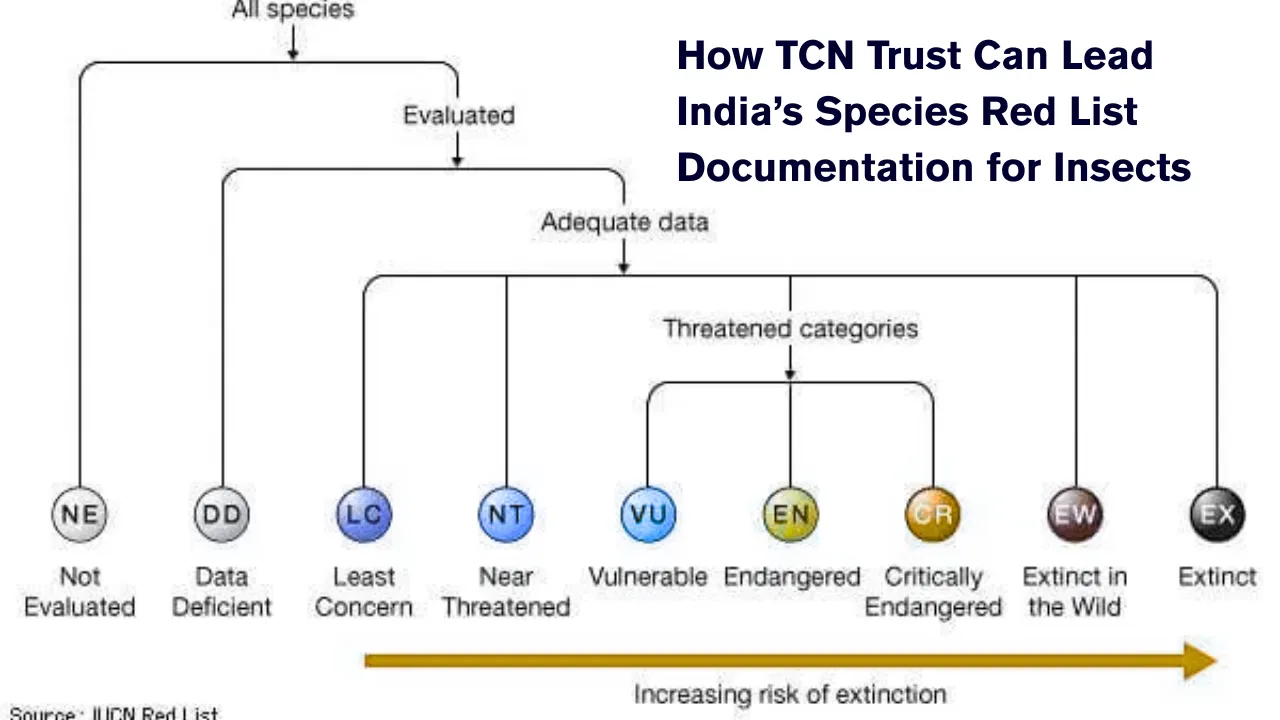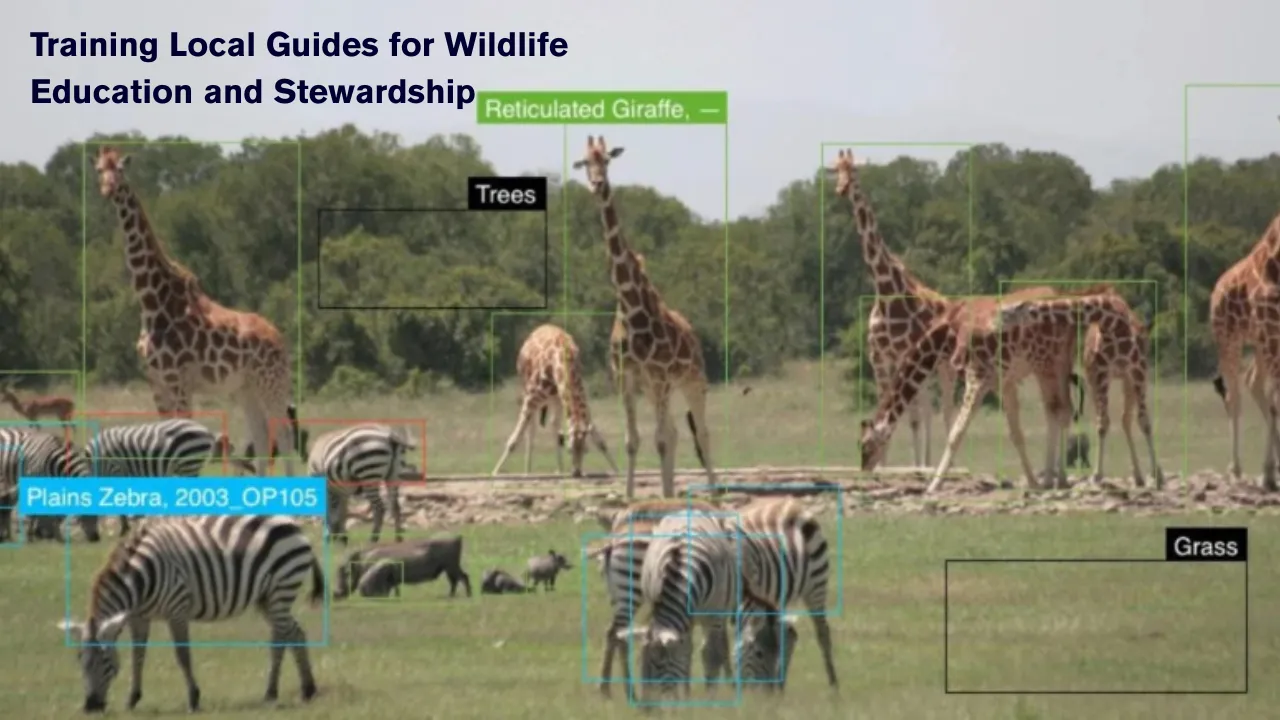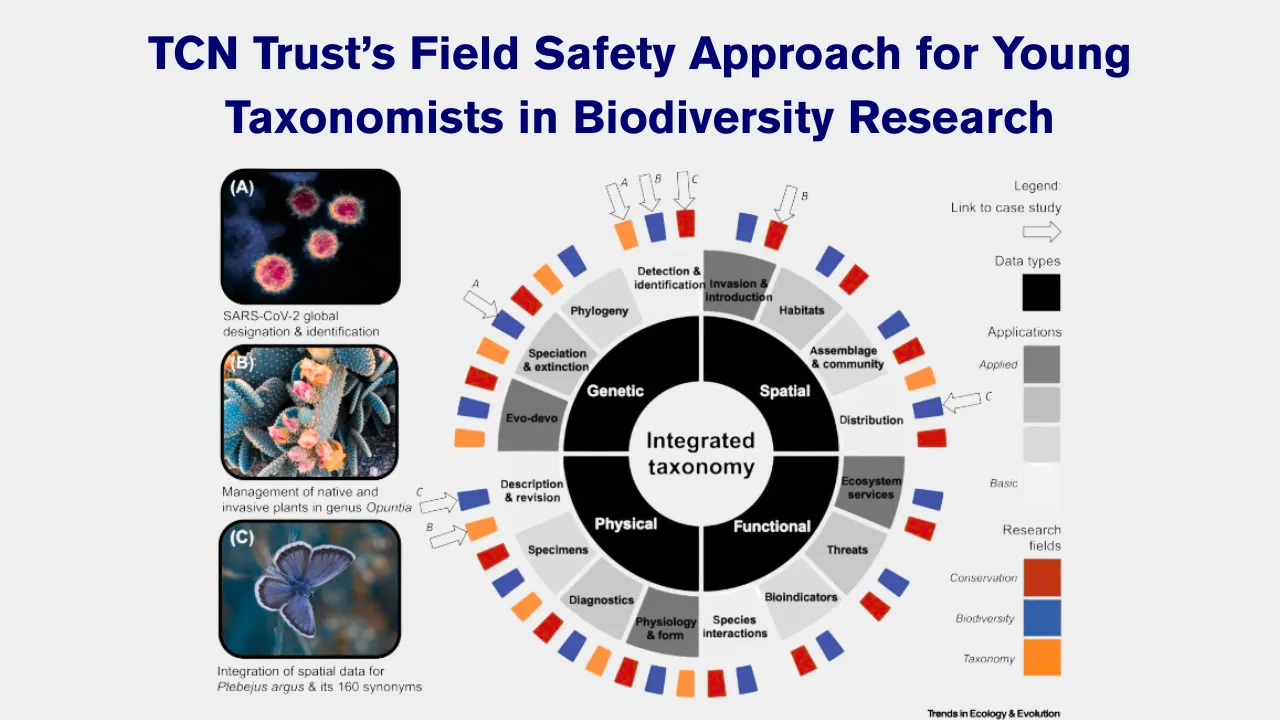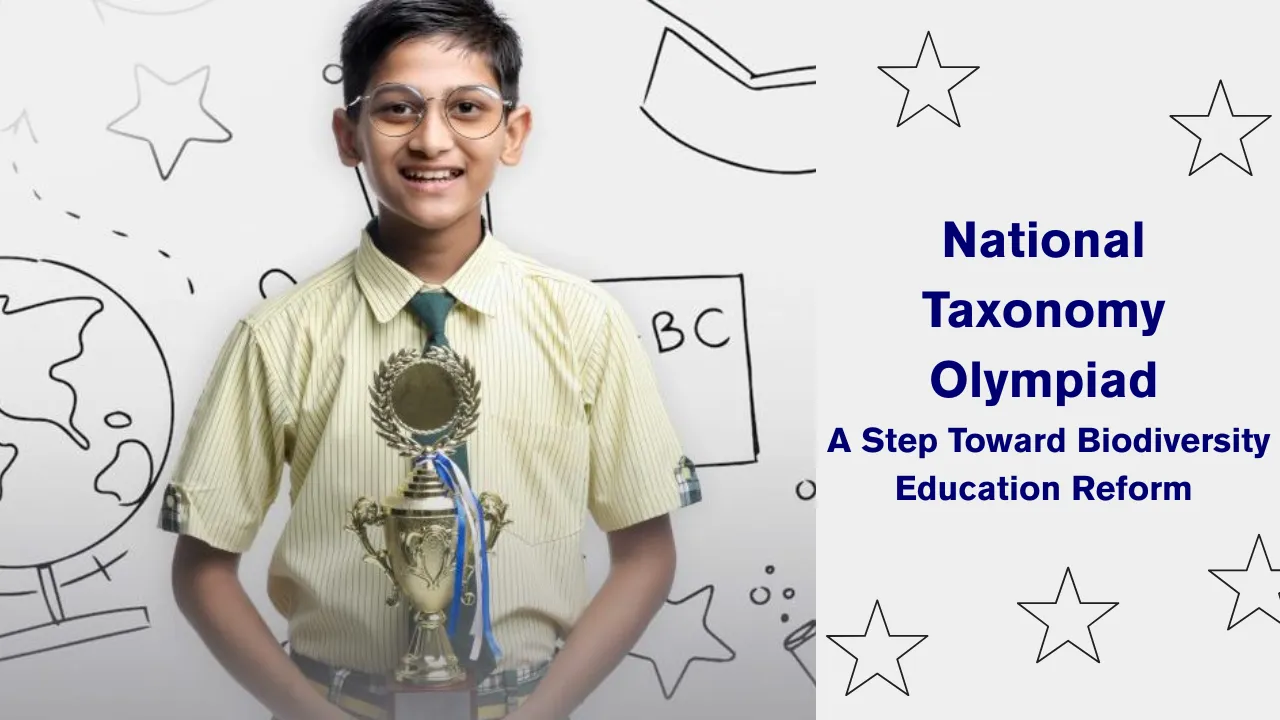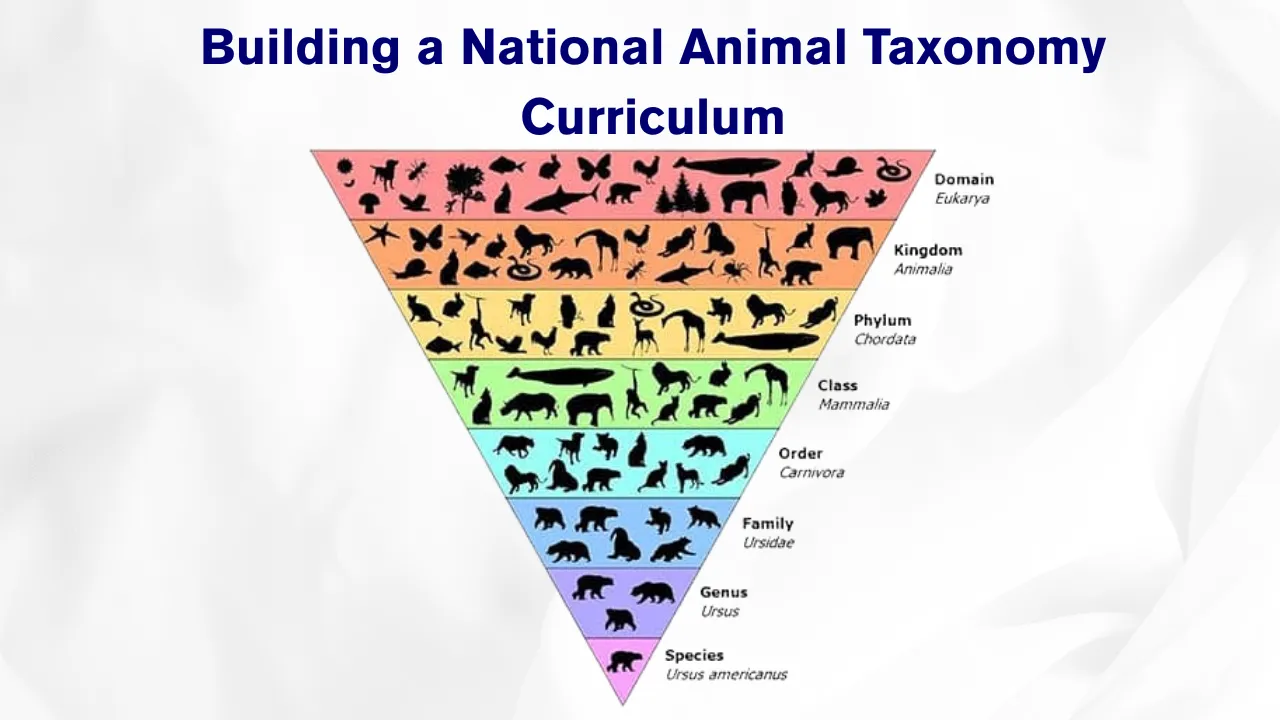Training Wildlife Filmmakers: Training wildlife filmmakers is a critical part of ensuring that nature’s stories are told with both precision and purpose. As India’s biodiversity faces unprecedented threats, the need for skilled visual storytellers who understand ecosystems as deeply as they understand cameras has never been more urgent. Wildlife filmmaking today must go beyond aesthetics—it should educate, inspire, and call viewers to action.
This article highlights the unique work of TCN Trust in training wildlife filmmakers to ethically and effectively document India’s rich fauna and fragile habitats. We will explore the Trust’s methodology, its collaboration with researchers and communities, the skills it instills in its trainees, and the lasting impact its programs have on conservation storytelling.
Training Wildlife Filmmakers Through TCN Trust’s Immersive Approach
At the heart of training wildlife filmmakers at TCN Trust lies a distinctive model: field-based, science-led, and ethics-driven. Trainees aren’t simply handed cameras—they’re immersed in real ecosystems, guided by conservation biologists and seasoned filmmakers. The Trust ensures participants learn how to observe, interpret, and narrate the complex relationships that define biodiversity. These are not just lessons in composition or editing—they are insights into ecological storytelling that connects viewers to the species and spaces being filmed. With a balanced focus on theory, fieldwork, and community interaction, TCN Trust prepares its participants to be informed filmmakers and effective conservation communicators.
Overview Table: TCN Trust’s Wildlife Filmmaker Training Model
| Aspect | Details |
| Primary Focus | Ecological storytelling, ethical wildlife filmmaking |
| Training Methods | Field assignments, ecological workshops, post-production training |
| Target Participants | Aspiring filmmakers, conservationists, visual storytellers |
| Field Exposure Locations | Western Ghats, Northeast India, Sundarbans, central Indian forests |
| Key Skills Taught | Cinematography, sound design, scripting, narrative building |
| Mentors Involved | Wildlife biologists, conservation filmmakers, media professionals |
| Core Values | Ethics, community inclusion, environmental awareness |
| Final Output | Documentaries, short films, social media videos |
| Long-Term Goals | Influence public perception, support conservation policy, build visual archives |
Bridging Science and Visual Storytelling
TCN Trust stands out in the field of training wildlife filmmakers because of its deep commitment to blending scientific understanding with compelling visual narratives. Every training session begins with immersion in the science of the ecosystem being filmed. Participants are paired with field researchers who explain the behaviors, threats, and ecological roles of the species in focus.
This collaboration ensures that what’s captured through the lens is not just beautiful but also accurate. Trainees are taught to ask: What story does this species tell about our environment? How does this ecosystem fit into the bigger picture of conservation?
Hands-On Learning in Wild Landscapes
TCN Trust doesn’t teach in classrooms—it teaches in nature. From the rainforest canopies of the Western Ghats to the mangrove trails of the Sundarbans, trainees work on location, often waking before dawn to track wildlife or staying up late to document nocturnal behavior.
This immersive field training includes:
- Animal tracking guided by forest experts
- Real-time filming under changing light and weather conditions
- Sound capture of ambient forest environments and species calls
- Observation exercises that develop patience and attention to detail
These experiences give participants practical knowledge of both the natural world and the demands of documentary filmmaking. It also introduces them to species behavior recording, habitat monitoring, and natural soundscaping, all crucial for high-quality wildlife content.
Post-Production and Narrative Craft
Filming wildlife is only half the job. That’s why training wildlife filmmakers at TCN Trust includes a comprehensive post-production segment. Here, participants learn:
- Editing principles for pacing and structure
- Color correction to maintain visual integrity
- Sound design to enhance atmosphere and emotion
- Scriptwriting to frame the science into human-centered stories
They’re taught to find a balance between factual integrity and emotional engagement. Whether it’s a short documentary or a social media clip, the aim is to create stories that make an impact—on policy, education, and public understanding.
Inclusion of Local Communities in Storytelling
One of TCN Trust’s core values is that conservation cannot exist in isolation. Effective wildlife filmmaking must include the voices of those who live closest to nature. Trainees are encouraged to interact with local communities—not just to film them, but to collaborate with them.
This involves:
- Listening to oral traditions and incorporating them into narratives
- Documenting community-based conservation efforts
- Understanding human-wildlife conflict dynamics from a ground perspective
In doing so, filmmakers learn to capture stories that are richer, more inclusive, and more representative of India’s diverse ecological and cultural realities.
Two Unique Approaches TCN Trust Uses to Train Wildlife Filmmakers
- Biologist Filmmaker Partnerships
- Every filmmaker is paired with a field biologist to ensure scientific accuracy during filming and scripting.
- These collaborations allow for deeper exploration of species behavior, conservation challenges, and ecological interdependence.
- Every filmmaker is paired with a field biologist to ensure scientific accuracy during filming and scripting.
- Local Screenings and Feedback Loops
- Films created during training are screened in local communities and at small festivals, ensuring feedback from those most affected.
- This helps validate narratives, fosters community ownership, and builds trust between storytellers and subjects.
- Films created during training are screened in local communities and at small festivals, ensuring feedback from those most affected.
Why This Training Matters in the Climate Crisis Era
In today’s climate emergency, stories matter more than ever. Training wildlife filmmakers is not just about producing content—it’s about creating advocates who can inspire change through imagery and narrative.
As forests shrink, species vanish, and human-wildlife tensions rise, the need for accurate, respectful, and moving visual content becomes critical. Well-trained filmmakers can educate, influence behavior, and even shift public opinion. TCN Trust ensures these storytellers are grounded in truth, ethics, and urgency.
With tools in their hands and science in their minds, these filmmakers become a voice for the voiceless in India’s wild places.
FAQs
1. Who can apply for TCN Trust’s wildlife filmmaking program?
The program is open to aspiring filmmakers, biologists, journalists, or anyone passionate about conservation storytelling. Prior filmmaking experience is helpful but not necessary.
2. What equipment is used during training?
Participants train with professional gear including DSLRs, drones, field audio recorders, and editing software like Adobe Premiere or DaVinci Resolve.
3. How long are the training programs?
Programs vary in length, from short intensives (1–2 weeks) to longer field-based residencies of 4–6 weeks.
4. Does the training include certifications?
Yes. Participants receive a certification of completion, along with mentoring support to continue their projects post-training.
5. Can participants showcase their work publicly?
Yes. Trainees are supported in submitting their work to film festivals, digital platforms, and community screenings.
Final Thought
Training wildlife filmmakers isn’t just a creative endeavor—it’s a conservation strategy. TCN Trust has built a bridge between science, community, and storytelling, producing filmmakers who don’t just observe the natural world, but actively defend it.
Through immersive learning, ethical practices, and community connection, the Trust is nurturing a generation of visual storytellers who will carry the message of conservation into classrooms, policy meetings, social media feeds, and the hearts of millions.
If you believe stories can change the world, and you’re ready to tell nature’s stories with care and clarity, TCN Trust might just be the place to start your journey.
